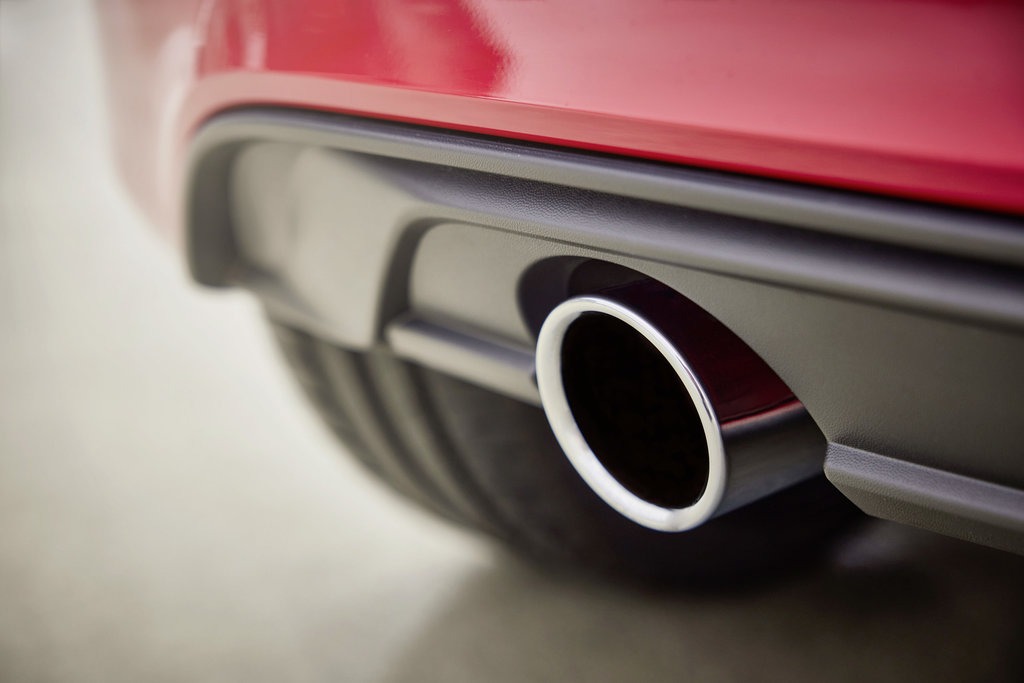VW hits 2021 emission targets after missing the mark in 2020
25 January 2022

Volkswagen (VW) Group hit the EU’s target for slashing carbon emissions on its new vehicles last year after narrowly missing the mark in 2020. Preliminary figures show carbon emissions from VW’s passenger vehicles last year were around 2% under the EU target limits.
VW said it achieved EU group-wide average CO2 emissions of 118.5 g/km in 2021 – the legal CO2 target was 120.8 g/km. The passenger-car fleet of new VW-brand vehicles reached average CO2 emissions of 113 g/km, 5% below their 119 g/km target.
‘By significantly exceeding our CO2 targets once again, we have demonstrated our fast and systematic approach to sustainability and the transformation towards e-mobility through our Accelerate strategy,’ said VW brand CEO Ralf Brandstätter. ‘We are thus making an important contribution to meeting the Paris climate goals. This year, we [are] adding to the momentum with our new models.’
Last month, VW confirmed with Autovista24 it was going to hit its 2021 targets. Under EU legislation, carmakers face penalties if they exceed their respective annual emissions targets. Specific emissions targets are set for each manufacturer, taking into considerations the average mass of the OEM’s newly-registered vehicles.
Decarbonising fleets
Electrification has helped VW meet emission targets. The car giant is set on decarbonising its vehicle fleet, saying it is on a path to becoming a sustainable, software-centric mobility company. In 2021, VW delivered 472,300 electrically-chargeable vehicles (EVs) in the EU, Norway, and Iceland – a 64% jump compared to the previous year. The share of battery-electric vehicles (BEVs) and plug-in hybrids (PHEVs) increased to 17.2% of total deliveries, up from 10.1% in 2020. In Europe, the manufacturer wants to become a market leader in the BEV segment.
‘Our Group-wide electric offensive picked up significant speed last year with many attractive new models. Nearly one in five vehicles delivered in Europe was electrified, and more than half of these were all-electric,’ said Christian Dahlheim, VW head of group sales. ‘This helped us to further reduce CO2 fleet emissions and fulfil the EU target. We were also able to inspire many new customers for e-mobility. In 2030, we plan a share of all-electric vehicles of 60% in Europe.’
This year, VW plans to offer new BEVs across its automotive brands, including the launch of the SUV coupés ID.5 and ID.5 GTX, as well as the iconic ID. Buzz. Audi will roll out the upgraded e-tron and new versions of the Porsche Taycan will also hit the market for the first time. The carmaker has set aside €52 billion that it will invest in electromobility over the next four years. It also wants to pour €8 billion in the hybridisation of its model portfolio.
VW said it was the first automotive group to commit to the Paris Climate Agreement, aiming to be carbon neutral by 2050. Interim targets include reducing CO2 emissions per vehicle by 40% in Europe by 2030. This will cover production and supply chains, with the aim of making EVs net-carbon neutral. While German rivals BMW and Daimler have not released official figures yet, both companies recently said that preliminary data show they also hit EU emissions targets in 2021.